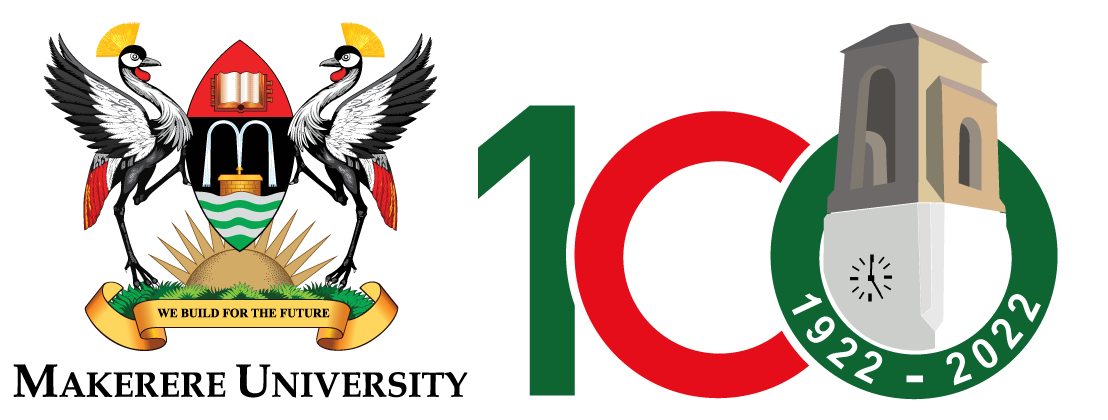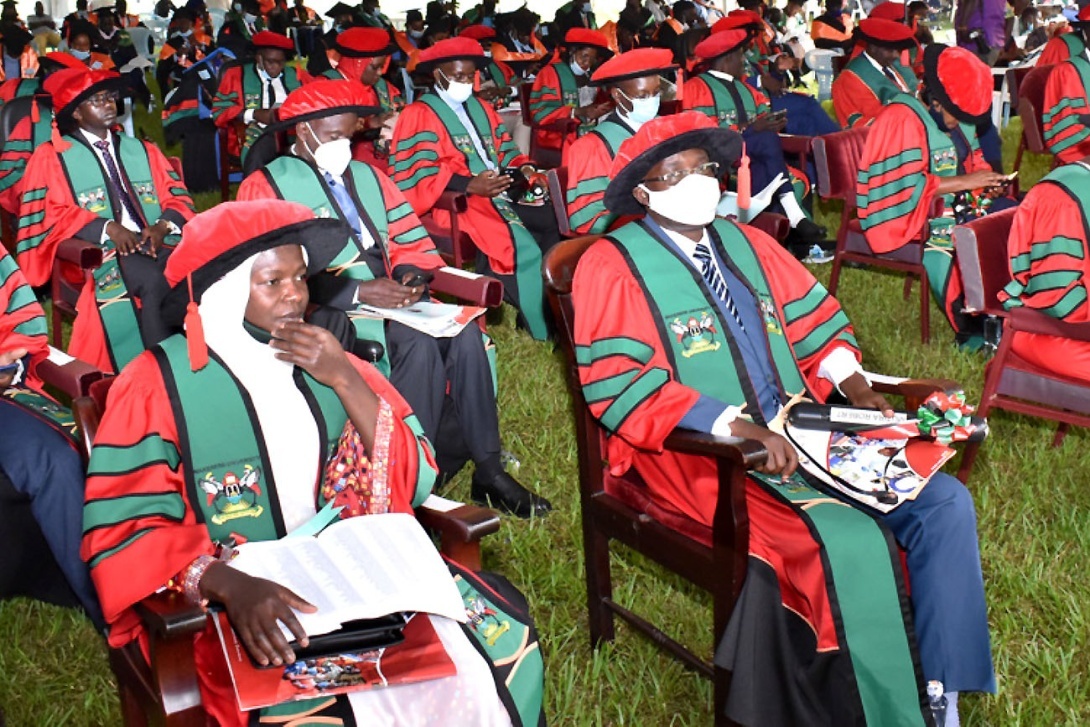The Dean of the East African School for Higher Education Studies and Development (EASHESD), College of Education and External Studies (CEES) invites you to the PhD defence of Ms. Phoebe Nabawanuka
Thesis Title: Support for Academic Career Progression of Female Lecturers at Makerere and Kyambogo Universities
Degree: Doctor of Philosophy in Educational Management of Makerere University
Date and Time: Thursday 28th September, 2023 at 10:00AM EAT.
Supervisors:
- Assoc. Prof. Betty Akullu Ezati
- Dr. Florence Nakamanya
Abstract
There is a slow academic career progression of female lecturers at Makerere University and Kyambogo University. This qualitative study, therefore, explored the support for academic career progression of female lecturers in both universities and it was guided by three objectives namely: (i) to examine the institutional support for academic career progression of female lecturers in Makerere University and Kyambogo University; (ii) to examine the individual support for academic career progression of female lecturers in Makerere University and Kyambogo University; and (iii) to establish how institutional and individual support enable academic career progression of female lecturers in Makerere University and Kyambogo University. Anchored in the Advocacy worldview and subscribing to the liberal feminist philosophy, this study employed a multiple case study design. Two universities were purposively selected and study participants were selected from different academic disciplines which were categorised according to Becher and Biglan’s Typology. Two female academics at the rank of a lecturer were purposively selected from each category. I collected data from 16 participants by use of semi-structured interviews, and then triangulated the data sources with document check. The thematic analysis method was used to analyse data and I derived three themes namely; financial backing, supportive environment and personality, and capacity enhancement interventions. The findings show that: institutional support in form of financial assistance, enabling policies, favourable work conditions, availability of mentorship and facilitation to join academic networks create a favourable work environment that contribute to academic career progression of female lecturers. The findings further indicate that individual support exhibited by initiatives undertaken by participants such as; ability to utilise opportunities, their self-motivation, resilience, perseverance as well as their determination to negotiate constraints inherent in the family and in the university contribute to academic career progression. The findings further revealed that institutional and individual support enable female lecturers to set plausible career goals, make career decisions and minimises stressful conditions all of which contributed to their academic career progression. In conclusion, institutional and individual supports are vital for academic career progression of female lecturers. I therefore recommended that university support should be bottom up. Secondly, there is need for early mentoring of female lecturers by attaching them to senior faculty members for purposes of boosting their self-esteem and strengthening their self-beliefs. Thirdly, female lecturers should form peer groups. Finally, I recommended effective implementation and strengthening of the available institutional support measures.

